 6 min
6 min
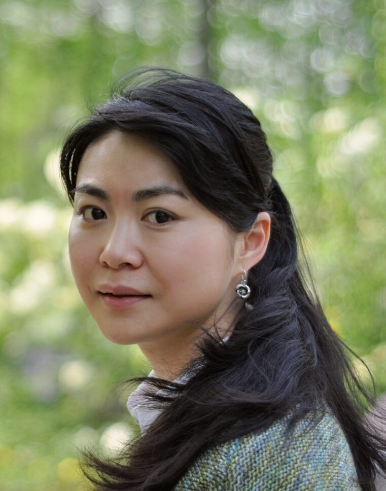
Architects’ perspectives: “It is crucial to educate professionals and students about the challenges of sustainable construction.”
Associate Professor in the Department of Architecture at Tongji University (China), Prof. Feng Deng specializes in green, passive energy and low-carbon buildings for residential and community housing. Driven by the importance of bringing together environmental issues and a new sustainable architectural design, she shares her vision of architecture with us.
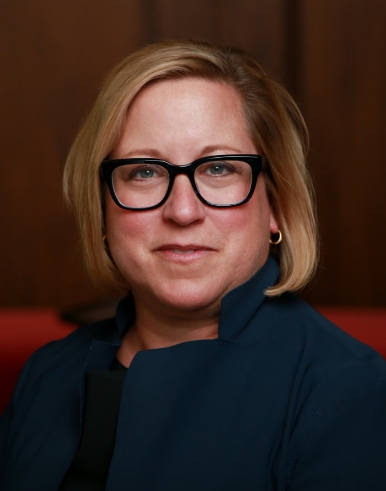
“AI can be an incredibly powerful tool.”
Ann Thompson is Executive Vice President of Architecture and Design at Related Midwest1, the largest privately held real estate company in the United States. During her 25 years with the company, she has overseen the design of numerous real estate projects. Ann agreed to share her strategic and engaged vision of architecture with us.
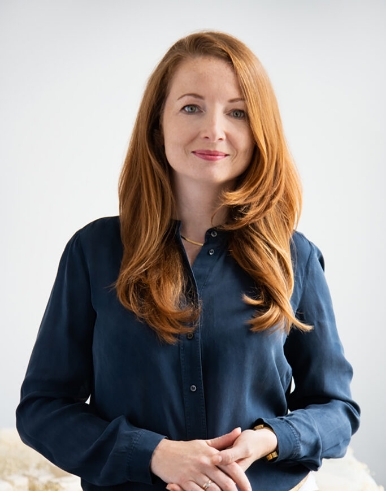
“Innovation has a crucial role to play in sustainable construction”
Marta Sękulska-Wrońska is a Polish architect and CEO of the architecture firm WXCA and is known in particular for her sustainable construction expertise and commitment to integrating every building into its architectural, cultural, and social environment. Sękulska-Wrońska attracted attention at Expo 2020 Dubai for the work she did on the Polish pavilion with her team. She also helped create one of the largest museum complexes in Europe, the Warsaw Citadel museums.
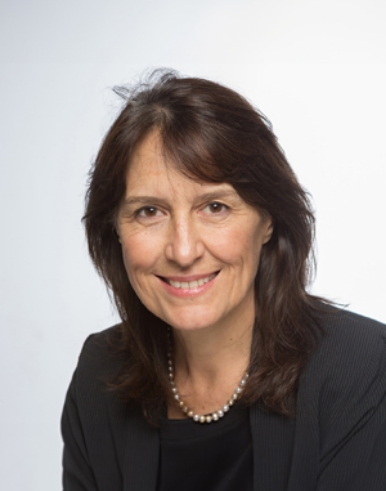
Architects’ perspectives: “Architects in Chile have been engaged in a slow revolution for over twenty years.”
Rosanna Forray is an architect with international experience in neighbourhood regeneration processes and urban social development. She is currently working in two areas: mobility and the design of public spaces, and urban regeneration and housing in vulnerable neighbourhoods. Demanding and committed, Rosanna shares her vision of architecture in three questions.
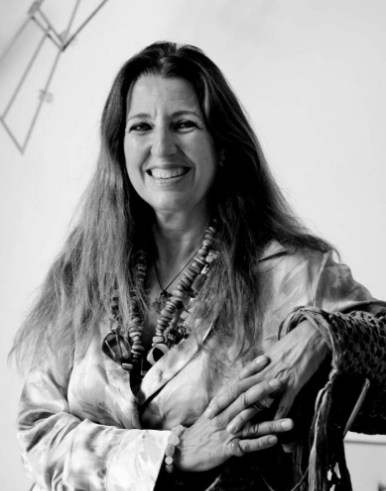
Benedetta Tagliabue : “Outside space is also home”
Winner of the 2023 Global Award for Sustainable Architecture*, Italian architect Benedetta Tagliabue is involved in sustainable construction projects and the redevelopment of public spaces, where the quality of the building is inseparable from that of its surroundings and the well-being of each individual. Her original, often experimental approach always respects sites, their history and culture, as well as the materials she reinvents.
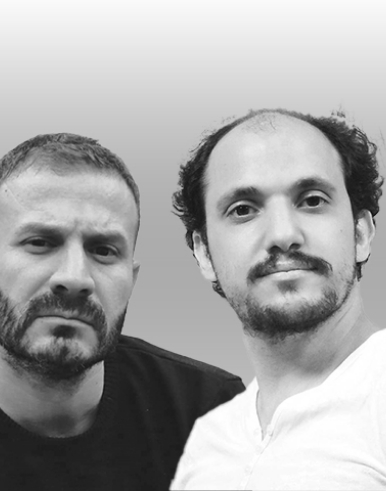
Should architecture undergo a revolution? The winners of the Global Award for Sustainable Architecture™ share their views
Last April in Venice, the annual Global Award for Sustainable Architecture™ competition honored architects determined to bring about sustainable solutions in architecture and urban planning. For CSF, they agreed to answer the question “Should architecture make its revolution?” Regards croisés.
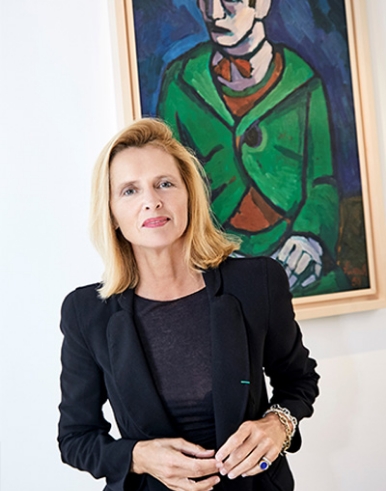
Architects’ perspectives: “Adaptability is our most urgent task.”
Jana Revedin is an architect, doctor of architectural and urban sciences and full professor at the École Spéciale d’Architecture in Paris. In 2006, she created the Global Award for Sustainable Architecture™, which each year rewards architects committed to the search for a new architectural ethics. Jana agreed to share her humanist vision of architecture with us.
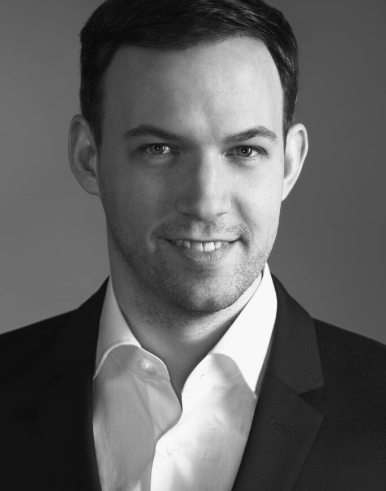
“We don’t pull down unless it’s absolutely necessary”
Jaspers-Eyers1 is one of the main European architecture firms to have been prioritizing sustainability in the design and implementation of its projects worldwide for a number of years. An advocate of pragmatic, esthetic architecture focused on the end user, partner architect Loïk Eyers provides a few keys to sustainable construction through the ZIN, BNP Paribas-Fortis and Nike ELC carried out in Belgium.
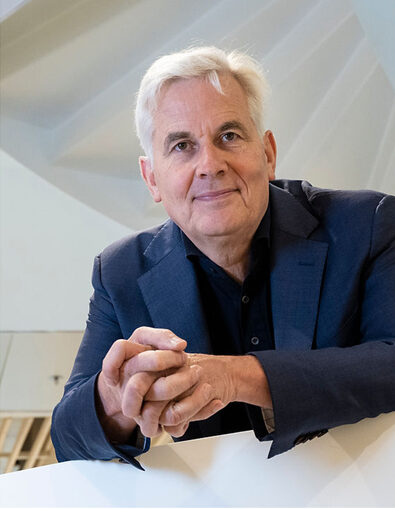
The building of the future will be a materials bank, designed so that everything is ready to be reused
Thomas Rau is an architect renowned for his broad contribution to the development of sustainable architecture and for raising awareness of the circular economy. His firm, RAU Architects, is recognized as a pioneer in the production of innovative carbon-neutral, energy-positive and circular buildings. In 2016, he was nominated for the World Economic Forum’s Circular Economy Leadership award. He agreed to share his vision of architecture with us.
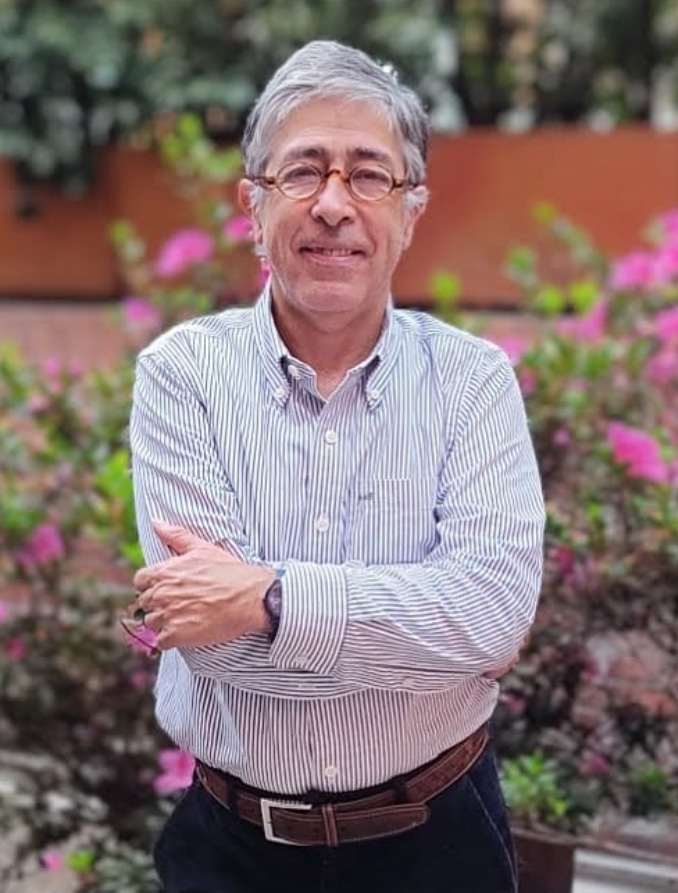
Beauty must be the result of sustainability
The Colombian city of Cali is hosting the UN’s 16th World Conference on Biological Diversity (COP16) on the theme of “Making or being at peace with Nature”, an opportunity to interview Colombian architect Agustín Adarve Gómez, a pioneer of bioclimatic architecture and sustainability. His firm “Natural Cooling” has been developing natural cooling systems since 1980, and has completed more than thirty projects worldwide certified by the US Green Building Council. With more than 40 years’ experience in the research, design and application of advanced natural air-conditioning systems and the use of solar and wind energy, he is calling for an overhaul of architectural practices.










